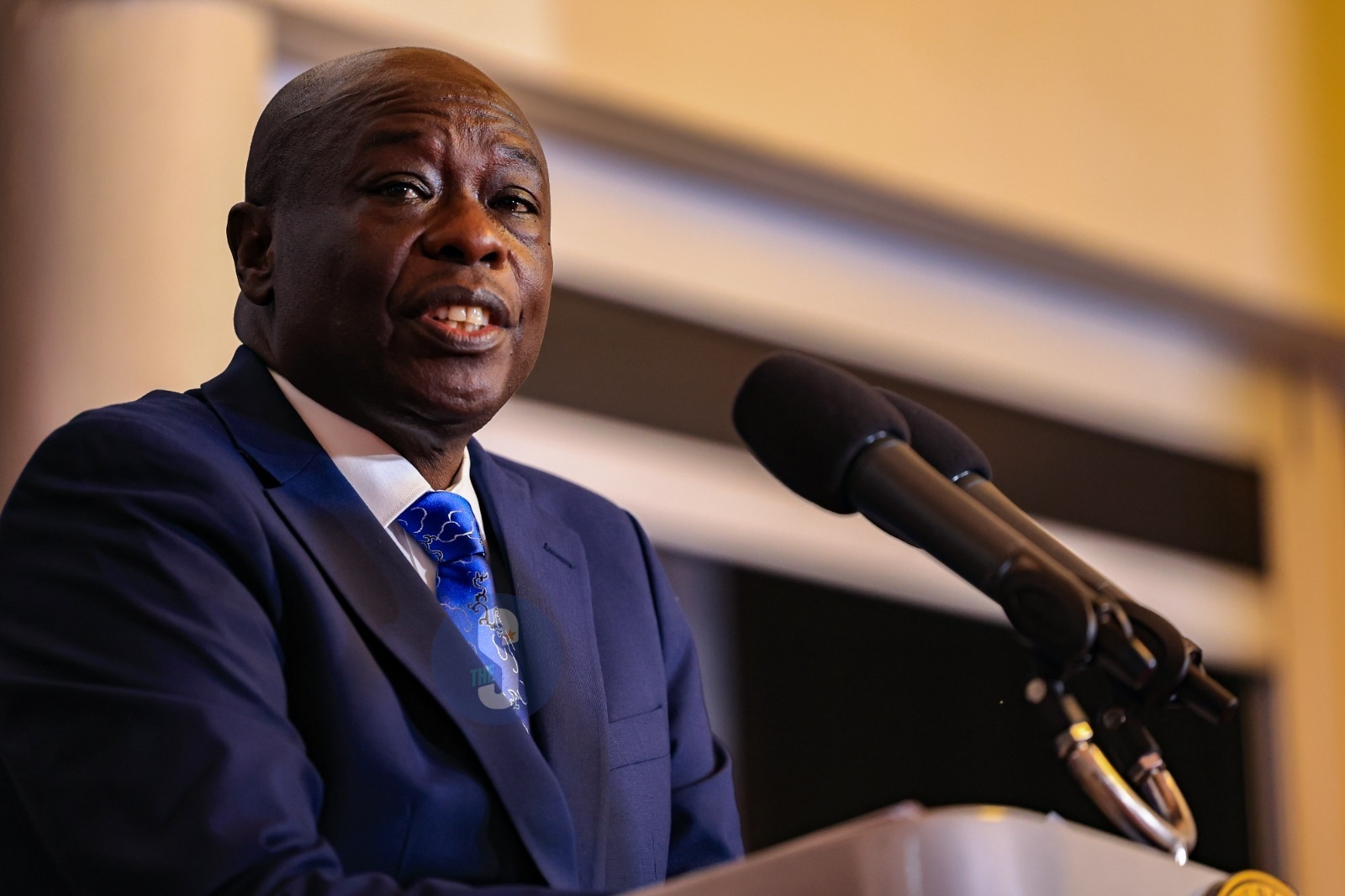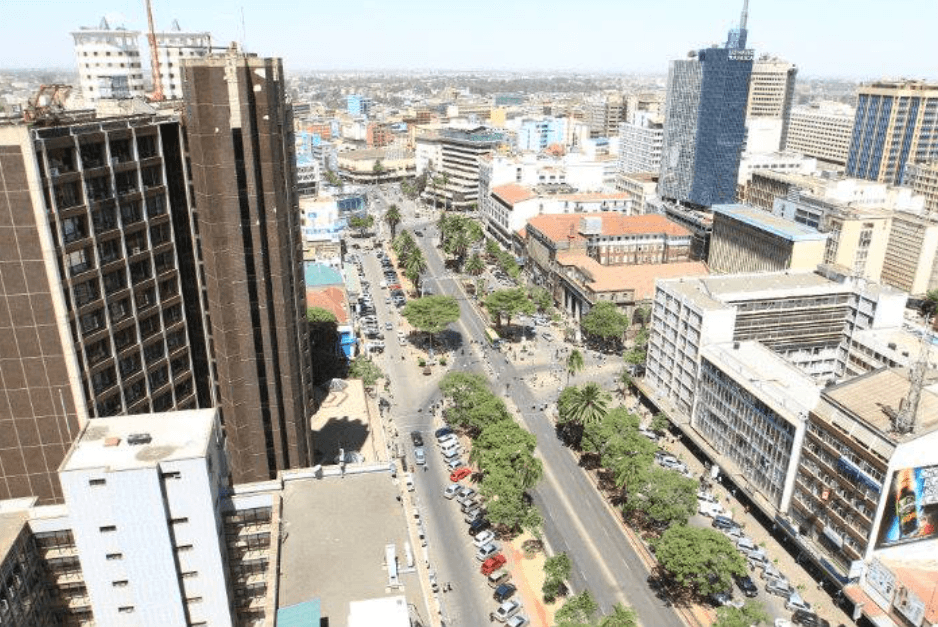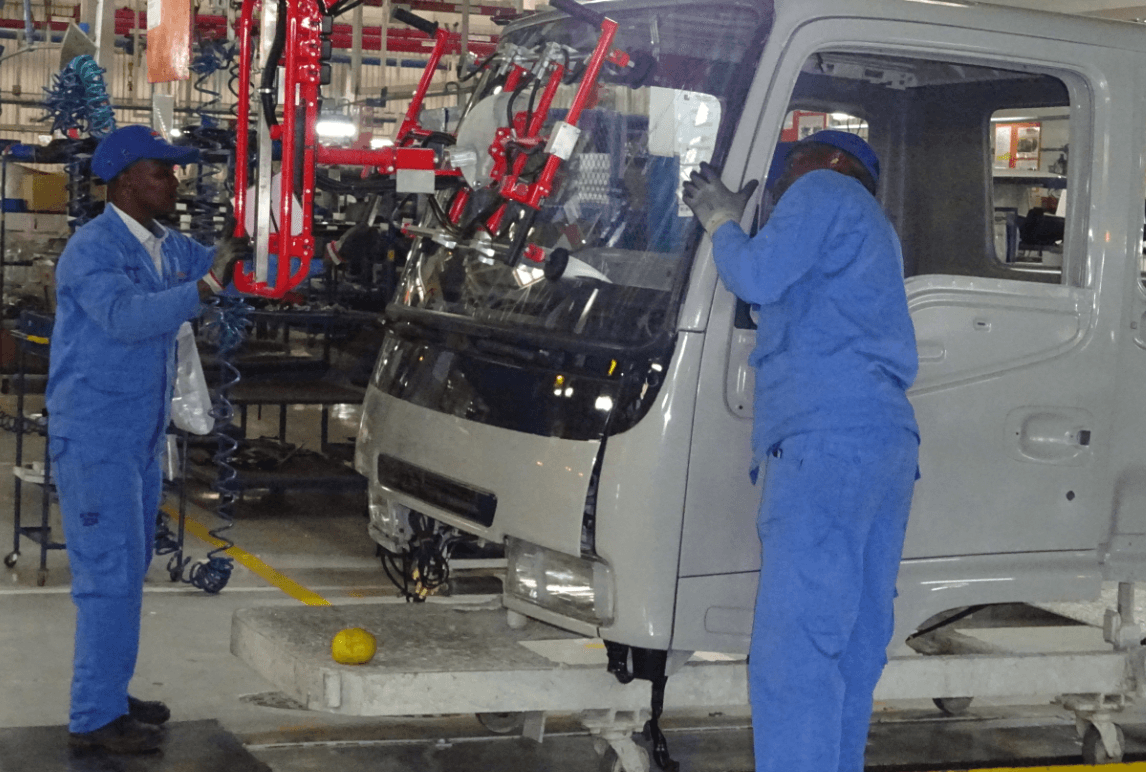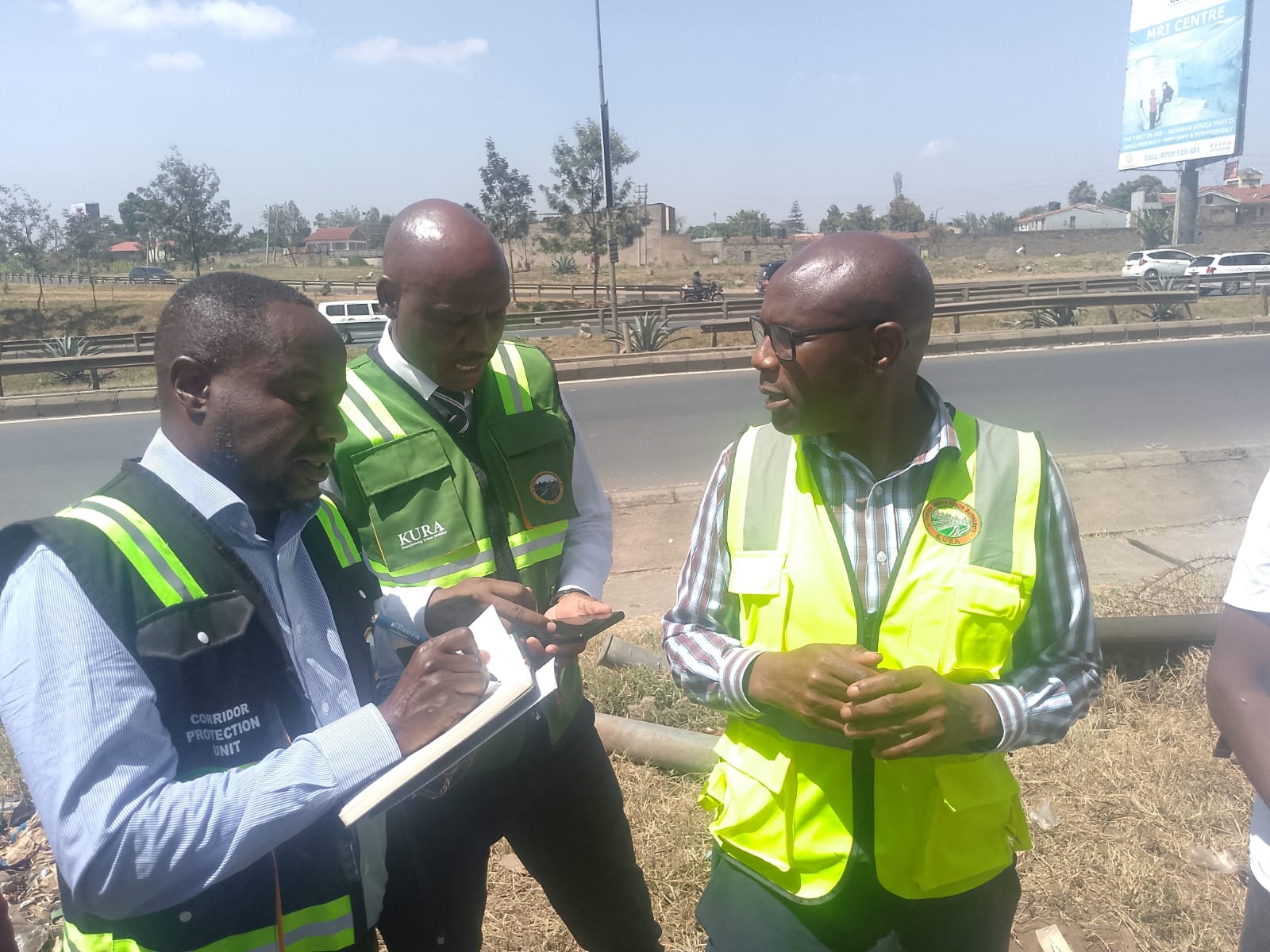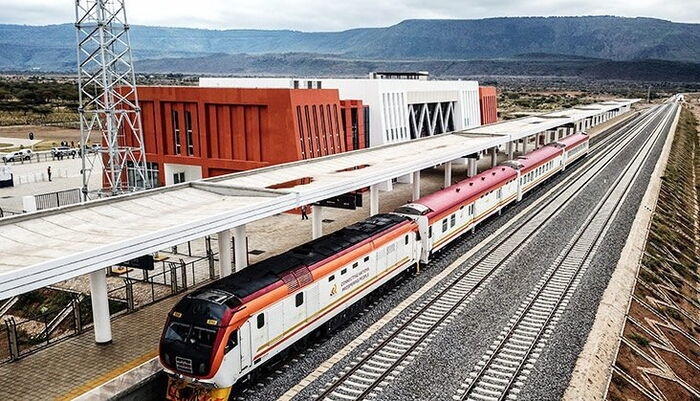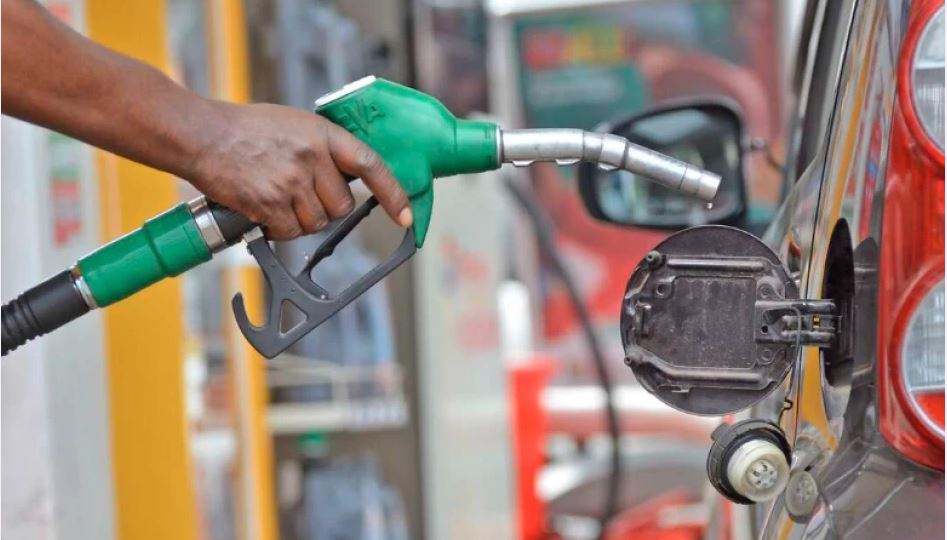
Pump prices for super petrol have dropped by Sh4.37, with diesel and kerosene dropping by Sh3, respectively for the December-January cycle.
The maximum allowed petroleum pump prices for Super Petrol, Diesel and Kerosene decreased by Sh4.37, Sh3 and Sh3 respectively.
According to EPRA, In Nairobi, Super Petrol, Diesel and Kerosene will now retail at Sh176.29, Sh165.06 and 148.39 effective midnight for the next 30 days.
"In accordance with Section 101(y) of the Petroleum Act 2019 and Legal Notice No.192 of 2022, we have calculated the maximum retail prices of petroleum products which will be in force from 15th December 2024 to 14th January 2025," EPRA said in a statement on X.
Last month, the energy sector regulator had retained pump prices despite variances in the average landed costs where that of imported super petrol had increased by 0.54 per cent from $637.70 (Sh82,277)per cubic metre in September, to $641.14 (82,721) per cubic metre in October 2024.
Markets have been paying close attention to fuel prices due to multiple factors, including the Middle East conflict which has disrupted shipping with vessels having to take a longer route to the Cape of Good Hope, South Africa, which comes with a higher landed cost.
Kenya also continues to benefit from the government-to-government refined petroleum import deal with the gulf which has over the last year helped stabilise the shilling, currently averaging Sh129 to the US dollar, from a low of Sh162.
This G-2-G deal allows fuel to be imported on six-month credit, backed by commercial letters of credit (LOCs) issued by domestic banks and confirmed by international banks, easing pressure on dollar requirements to pay for consignments.
Petroleum products imports account for 30 per cent of Kenya's total dollar requirements. Before the deal, payment of products under the Open Tender System (OTS) was in US Dollars purchased on the spot market over a short period, following receipts of products.
The Petroleum Institute of East Africa (PIEA) has continued to support the deal, saying it has eased demand for the dollar, as dealers are paying for supplies in Kenyan shilling.
The benefits saw Uganda also seal its deal with more countries seeking similar contracts including Malawi and Zambia, which are keen to replicate the deal Nairobi has with gulf oil giants, to address fuel shortages in their respective countries.
Meanwhile, the low fuel prices in the country mean low inflation which is currently at a 17-year low despite slightly edging up to 2.8 per cent (year-on-year) in November, from 2.7 per cent a month earlier.
It remains well within the government's preferred band of 2.5 per cent -7.5 per cent in the medium term.
Fuel prices have a big effect on inflation the products are drivers of the economy where diesel is key in agriculture and transport while kerosene is used in many households for cooking and lighting.
According to the Central Bank of Kenya, overall inflation is expected to remain below the mid-point of the target range in the near term, supported by lower food inflation owing to improved supply from the ongoing harvests and favourable weather conditions, lower fuel prices, and a stable exchange rate.






